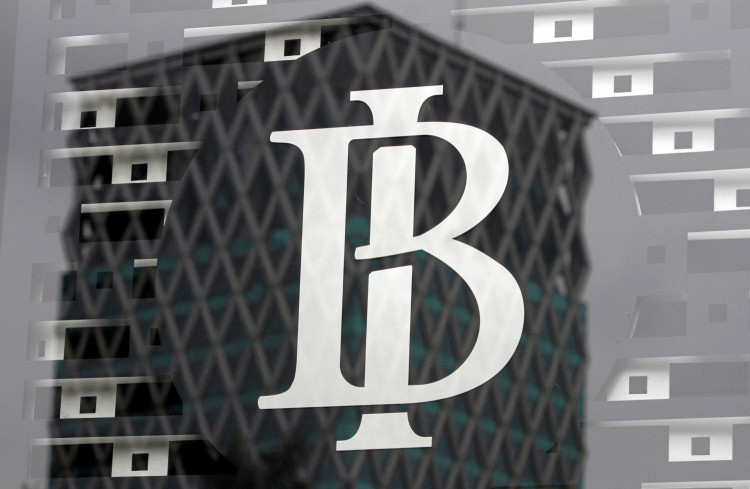Indonesia's Financial Services Authority (OJK) has finally released the permits of four fintech startups that waited for two, long years to become an "official" business. The peer-to-peer (P2P) homegrown platforms are Kimo, Investree, Dompet Kilat, and Amartha.
According to the Jakarta Post, Danamas was another fintech company that sought to license from the OJK and received its license in 2017. There are still 108 fintech-centered lenders who have registered but have yet to receive a license from Indonesia's business authority.
Fintech has gradually been making its way into the Indonesian market but the government has been urging lenders and other financial companies to get their licensing. For some lending startups, the process is long and sometimes daunting.
Industry analysts have called on the OJK to hasten its licensing processes and implement reforms focused on fintech lenders so other startups will be enticed to apply for official permits.
In response to the call, the OJK is expected to roll out licenses for fintech firms as the finance sector, particularly the lending segment, continues to grow and more entrepreneurs express interest in technologically-advanced financial tools.
Experts have said that the Bank of Indonesia (BI) is among the key drivers in promoting fintech businesses in the country as it is expected to add more regulations that should attract fintech investments
Among the regulations, BI issued for promoting fintech practices are the BI Regulation No. 18 on Payment Transaction Processing Operations and the BI Regulation No. 20 on Electronic Money.
The above regulations seek to encourage the use of digital fund transfers in finance-related businesses and also raise awareness about the benefits of using electronic money. Many analysts agreed that the regulations will further spur fintech activities in the coming years.
Industry experts pointed out that the most current regulations for fintech practice were encouraged largely due to the rise of P2P businesses in the country. The number of people engaging in P2P transactions has ballooned over the last few years.
Cryptocurrencies have yet to be authorized by the Bank of Indonesia but the government has slowly started recognizing crypto payments and transactions. It is unclear when the BI will allow for official use of cryptocurrencies in the fintech sector.
Meanwhile, the four startups provided with business permits are expected to help unlicensed fintech companies get their licenses by providing information about the application process.
All four are members of the Indonesian Fintech Lenders Association (AFPI). The AFPI has been helping promote financial technology practices in the country's booming lending segment for the past years.





